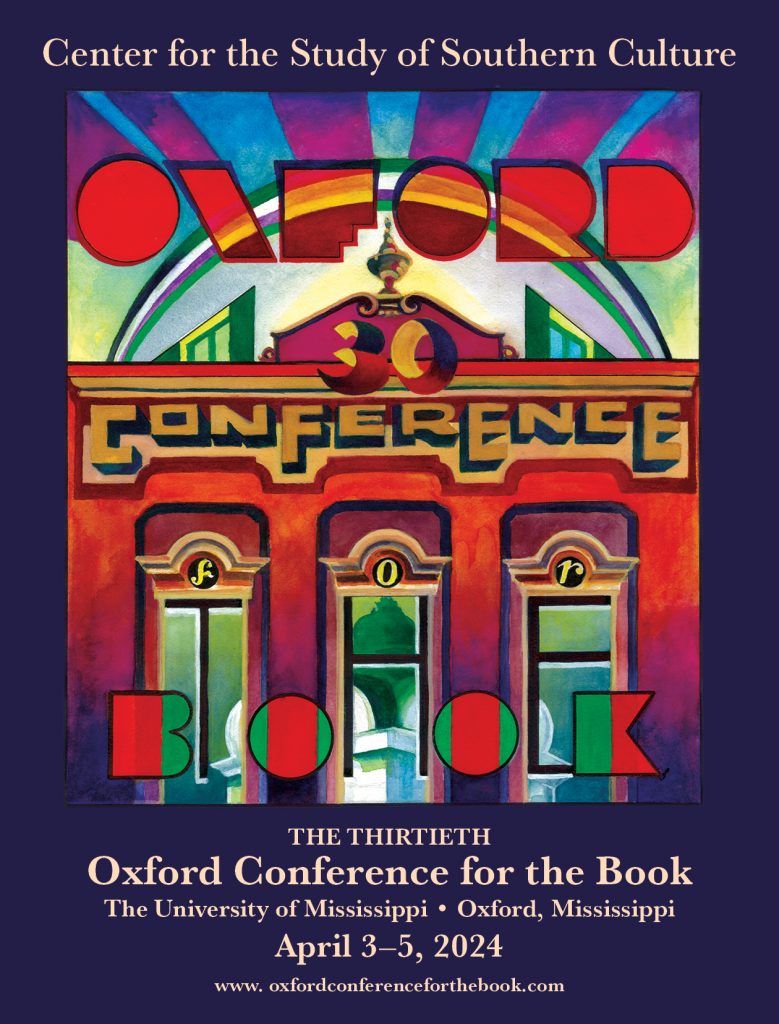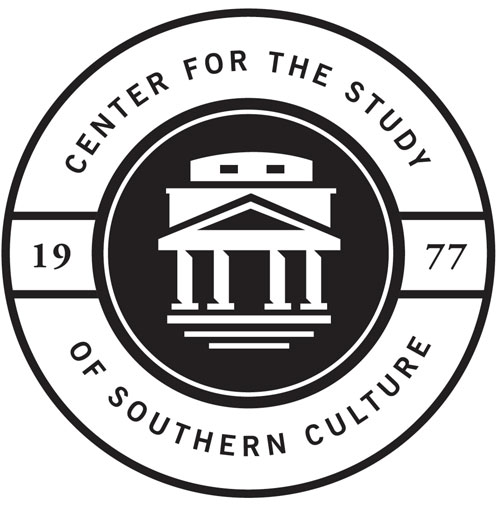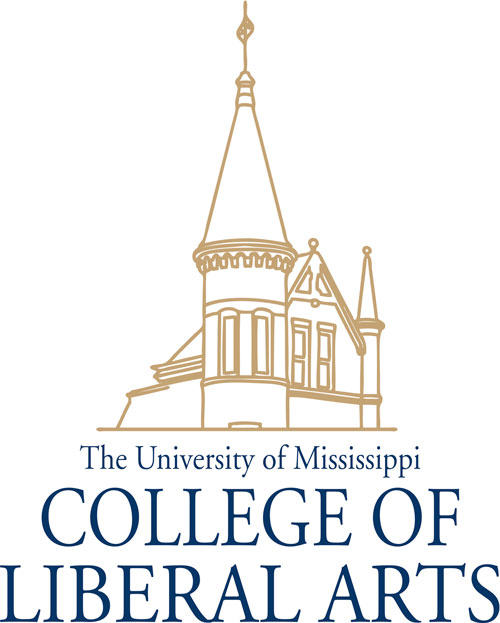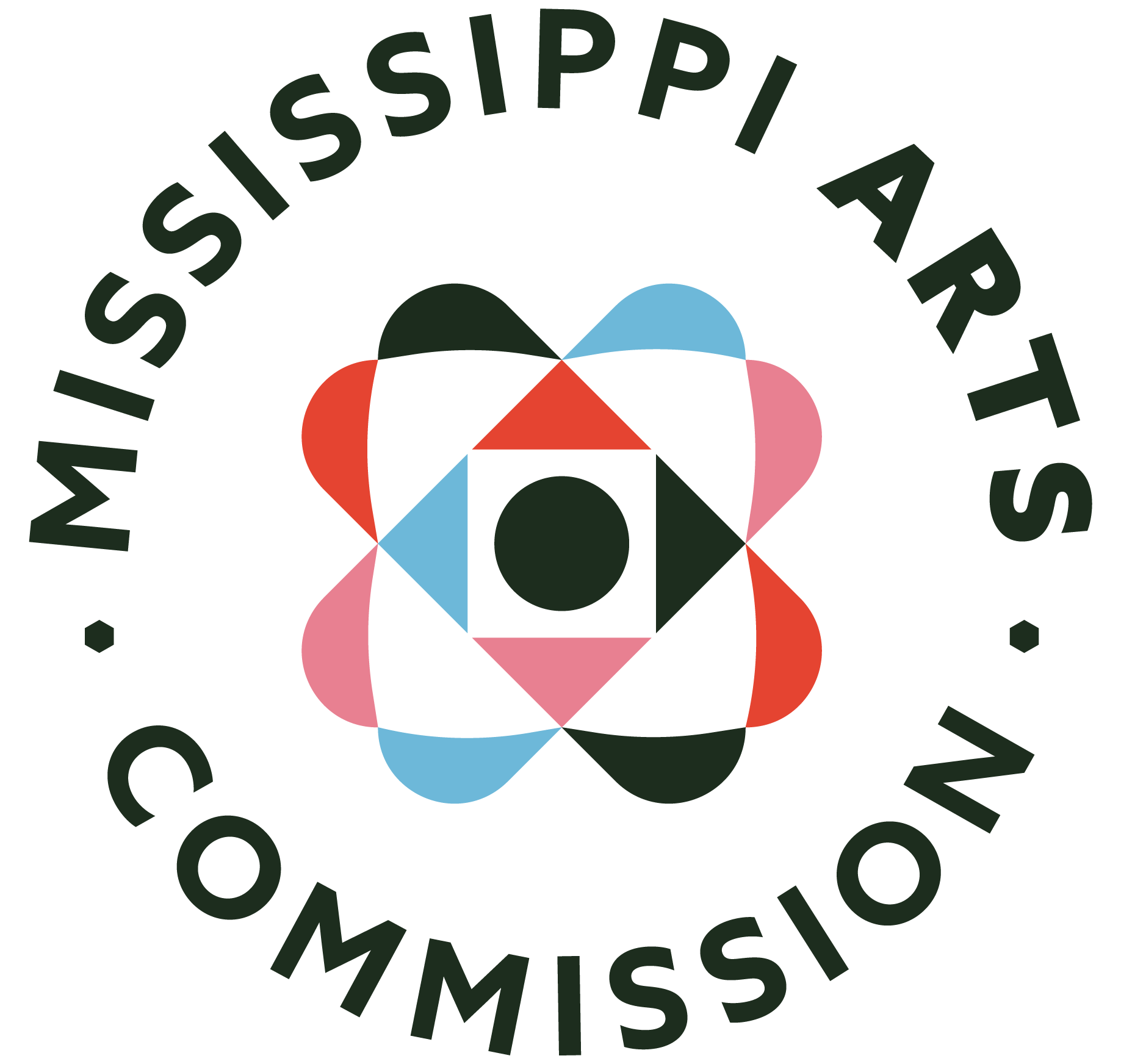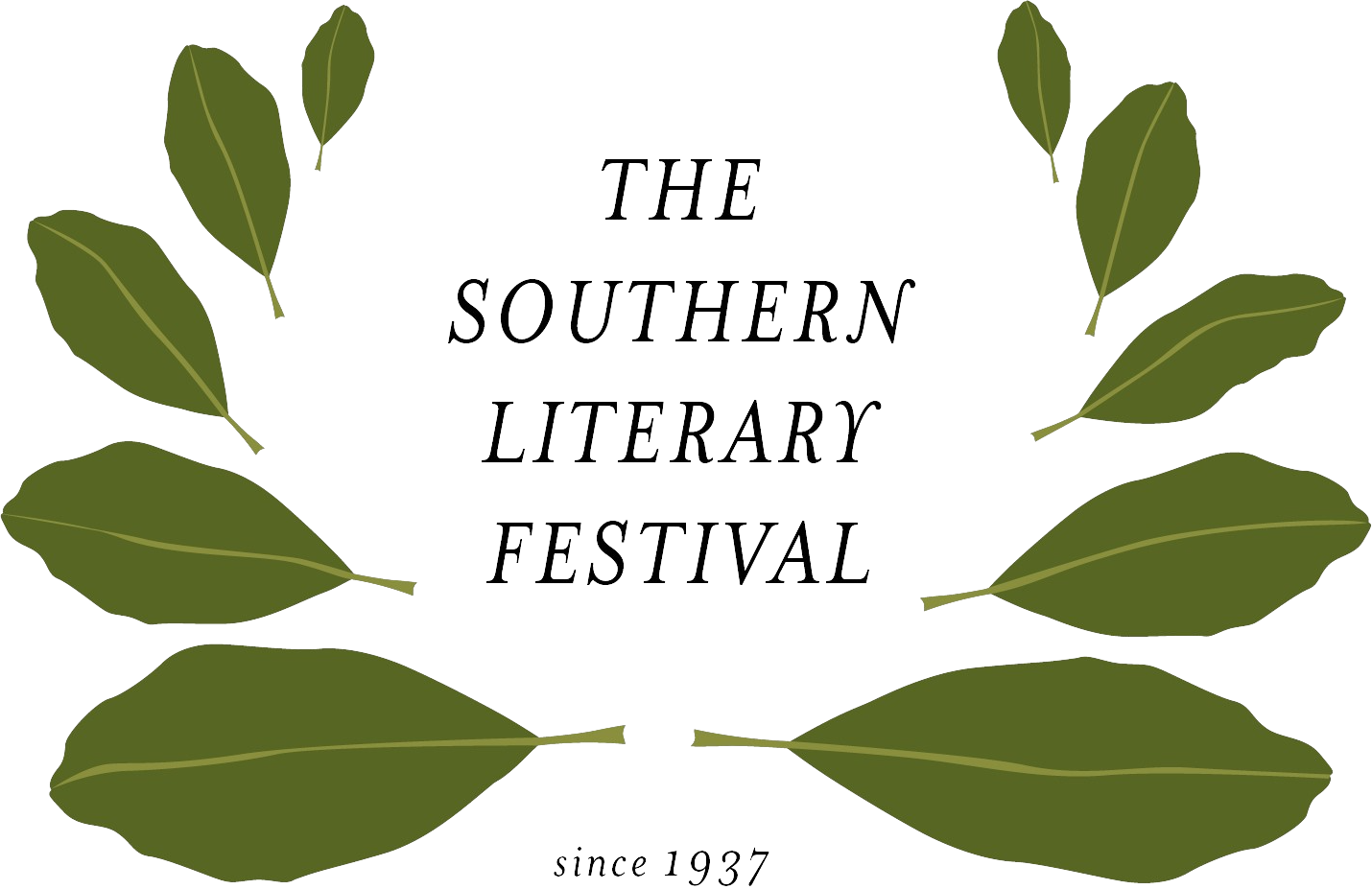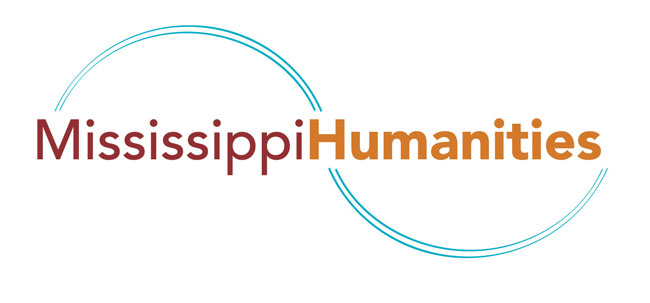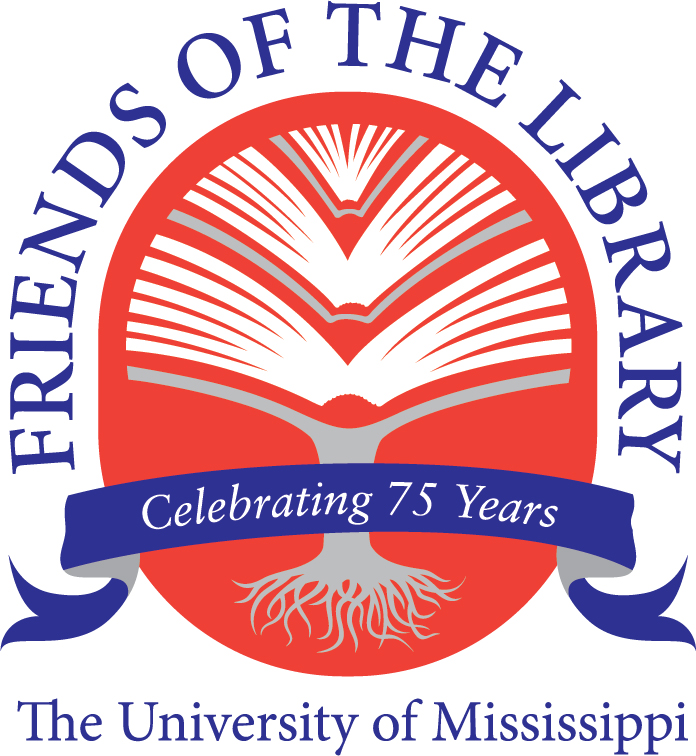New Hubert Creekmore Edition Honored Friday in Water Valley
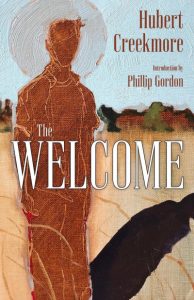 Although the Oxford Conference for the Book officially begins Wednesday, March 29, there is an OCB co-sponsored, pre-conference event at 6:00 p.m. Friday, March 24, honoring a new edition of Hubert Creekmore’s important, long out-of-print novel The Welcome (University Press of Mississippi, 2023) in the author’s nearby hometown of Water Valley. Philip Gordon, author of the edition’s introduction, will speak at Mississippi’s only LGBTQ+ bookstore, Violet Valley Books, located at 303 Main St., with a reception at Bozart’s Gallery, 403 Main St., to follow. There is a book signing, an art exhibit, a dramatic reading, a reception, and a film screening.
Although the Oxford Conference for the Book officially begins Wednesday, March 29, there is an OCB co-sponsored, pre-conference event at 6:00 p.m. Friday, March 24, honoring a new edition of Hubert Creekmore’s important, long out-of-print novel The Welcome (University Press of Mississippi, 2023) in the author’s nearby hometown of Water Valley. Philip Gordon, author of the edition’s introduction, will speak at Mississippi’s only LGBTQ+ bookstore, Violet Valley Books, located at 303 Main St., with a reception at Bozart’s Gallery, 403 Main St., to follow. There is a book signing, an art exhibit, a dramatic reading, a reception, and a film screening.
Gordon, originally from Jackson, Tennessee, is Associate Professor of English and Gay Studies Coordinator at University of Wisconsin-Platteville.
An entry about Creekmore from the online Mississippi Encyclopedia is as follows:
Hiram Hubert Creekmore was born on 16 January 1907 in Water Valley, Mississippi. He earned fame as a poet, although he was also a novelist, translator, editor, critic, publisher, pianist, composer, and gardener. He graduated from the University of Mississippi in 1927, went to work for the Mississippi Highway Department in Jackson, and then became an editor with the Federal Writers’ Project. In 1940 he earned a master’s degree from Columbia University, where his thesis focused on the metrics in the works of Ezra Pound. Creekmore’s startling documentary style frequently caused his work to be compared to Pound’s.
Creekmore was a frequent contributor to literary magazines and published his first book of poems, Personal Sun, in 1940. Personal Sun includes “To the Very Late Mourners of the Old South,” which foreshadows the philosophy found in Creekmore’s later novels. Creekmore used his poetic talent to describe social ills and the desperation of humanity and civilization.
In 1942 Creekmore joined the US Navy, becoming a lieutenant and serving until 1945. His experiences in World War II provided the material for his most famous book of poetry, The Long Reprieve and Other Poems from New Caledonia (1946). After the war, Creekmore moved back and forth between homes in Jackson and New York City. He worked as an editor for New Directions Press and as a critic for the New York Times, reviewing such luminaries as Carson McCullers and Langston Hughes. Creekmore was also a part of Eudora Welty’s social circle (his sister married her brother), and he served as one of her early mentors.
Creekmore’s novels, unlike many of his poems, specifically addressed the South. His work received praise from many for its documentary aspects, but Creekmore also received heavy criticism in the South. The Jackson Daily News described his first novel, The Fingers of the Night (1946), which depicts the life of poor whites in Mississippi, as belonging in the garbage can with Sanctuary, Light in August, Tobacco Road, and “any other nasty drivel purporting to picture life in Mississippi.”
Hostile reviews and limited job opportunities as well as the pressure of being an openly gay man in Mississippi may have pushed Creekmore to make New York his permanent home. His other two novels, The Welcome (1948) and The Chain in the Heart (1953), also criticized southern society. The Chain in the Heart attacked both the contemporary treatment of African Americans and the historical legacy of slavery. The Welcome, Creekmore’s only explicitly gay work, derided the region’s stifling system of forced heterosexuality and left open the question of queer desire in the South.
Creekmore spent the last years of his life living in New York and working as a translator and editor. His final publication was a work of nonfiction, Daffodils Are Dangerous: Poisonous Plants in Your Garden, a serious guide that reflected his love of gardening. Creekmore died after suffering a massive heart attack on 23 May 1966 while in a taxi on his way to the airport to fly to Spain.
Description of the new edition of The Welcome, published by the University Press of Mississippi:
Ashton, Mississippi, provides the deceptively sterile, conforming, and blindly respectable background in The Welcome, a novel written by Hubert Creekmore in 1948. After moving to New York following Jim’s wedding, Don returns home, routed by the Depression of the 1930s. He finds Jim stuck in an unhappy marriage, and Don’s arrival intensifies Jim’s misery. As Jim sinks into alcoholism, Don connects with a new love interest, and their mutual friends persistently try to unlock the secrets between Don and Jim.
Ahead of its time in the depiction of same-sex relationships, the novel caused a scandal upon release. As Phillip “Pip” Gordon says in the new introduction written for this edition, “the majority of gay fiction prior to The Welcome structured tragedy as a natural outcome for being gay. Creekmore aimed higher and sought a narrative that does not show the same-sex lovers as flawed for their desires; rather, the problem is context.”
Creekmore was a prolific writer, literary critic, editor, translator, photographer, and librettist, and was good friends with famed Mississippi author Eudora Welty. However, Creekmore never had the success of his peers, and his work has been neglected, most of it falling out of print. This new edition recovers a significant addition to the canon of LGBTQ southern literature and a Mississippi author for a generation of new readers and scholars.
 Although the Oxford Conference for the Book officially begins Wednesday, March 29, there is an OCB co-sponsored, pre-conference event at 6:00 p.m. Friday, March 24, honoring a new edition of Hubert Creekmore’s important, long out-of-print novel The Welcome (University Press of Mississippi, 2023) in the author’s nearby hometown of Water Valley. Philip Gordon, author of the edition’s introduction, will speak at Mississippi’s only LGBTQ+ bookstore, Violet Valley Books, located at 303 Main St., with a reception at Bozart’s Gallery, 403 Main St., to follow. There is a book signing, an art exhibit, a dramatic reading, a reception, and a film screening.
Although the Oxford Conference for the Book officially begins Wednesday, March 29, there is an OCB co-sponsored, pre-conference event at 6:00 p.m. Friday, March 24, honoring a new edition of Hubert Creekmore’s important, long out-of-print novel The Welcome (University Press of Mississippi, 2023) in the author’s nearby hometown of Water Valley. Philip Gordon, author of the edition’s introduction, will speak at Mississippi’s only LGBTQ+ bookstore, Violet Valley Books, located at 303 Main St., with a reception at Bozart’s Gallery, 403 Main St., to follow. There is a book signing, an art exhibit, a dramatic reading, a reception, and a film screening.
Gordon, originally from Jackson, Tennessee, is Associate Professor of English and Gay Studies Coordinator at University of Wisconsin-Platteville.
An entry about Creekmore from the online Mississippi Encyclopedia is as follows:
Hiram Hubert Creekmore was born on 16 January 1907 in Water Valley, Mississippi. He earned fame as a poet, although he was also a novelist, translator, editor, critic, publisher, pianist, composer, and gardener. He graduated from the University of Mississippi in 1927, went to work for the Mississippi Highway Department in Jackson, and then became an editor with the Federal Writers’ Project. In 1940 he earned a master’s degree from Columbia University, where his thesis focused on the metrics in the works of Ezra Pound. Creekmore’s startling documentary style frequently caused his work to be compared to Pound’s.
In 1942 Creekmore joined the US Navy, becoming a lieutenant and serving until 1945. His experiences in World War II provided the material for his most famous book of poetry, The Long Reprieve and Other Poems from New Caledonia (1946). After the war, Creekmore moved back and forth between homes in Jackson and New York City. He worked as an editor for New Directions Press and as a critic for the New York Times, reviewing such luminaries as Carson McCullers and Langston Hughes. Creekmore was also a part of Eudora Welty’s social circle (his sister married her brother), and he served as one of her early mentors.
Creekmore’s novels, unlike many of his poems, specifically addressed the South. His work received praise from many for its documentary aspects, but Creekmore also received heavy criticism in the South. The Jackson Daily News described his first novel, The Fingers of the Night (1946), which depicts the life of poor whites in Mississippi, as belonging in the garbage can with Sanctuary, Light in August, Tobacco Road, and “any other nasty drivel purporting to picture life in Mississippi.”
Hostile reviews and limited job opportunities as well as the pressure of being an openly gay man in Mississippi may have pushed Creekmore to make New York his permanent home. His other two novels, The Welcome (1948) and The Chain in the Heart (1953), also criticized southern society. The Chain in the Heart attacked both the contemporary treatment of African Americans and the historical legacy of slavery. The Welcome, Creekmore’s only explicitly gay work, derided the region’s stifling system of forced heterosexuality and left open the question of queer desire in the South.
Creekmore spent the last years of his life living in New York and working as a translator and editor. His final publication was a work of nonfiction, Daffodils Are Dangerous: Poisonous Plants in Your Garden, a serious guide that reflected his love of gardening. Creekmore died after suffering a massive heart attack on 23 May 1966 while in a taxi on his way to the airport to fly to Spain.
Description of the new edition of The Welcome, published by the University Press of Mississippi:
Ashton, Mississippi, provides the deceptively sterile, conforming, and blindly respectable background in The Welcome, a novel written by Hubert Creekmore in 1948. After moving to New York following Jim’s wedding, Don returns home, routed by the Depression of the 1930s. He finds Jim stuck in an unhappy marriage, and Don’s arrival intensifies Jim’s misery. As Jim sinks into alcoholism, Don connects with a new love interest, and their mutual friends persistently try to unlock the secrets between Don and Jim.
Ahead of its time in the depiction of same-sex relationships, the novel caused a scandal upon release. As Phillip “Pip” Gordon says in the new introduction written for this edition, “the majority of gay fiction prior to The Welcome structured tragedy as a natural outcome for being gay. Creekmore aimed higher and sought a narrative that does not show the same-sex lovers as flawed for their desires; rather, the problem is context.”
Creekmore was a prolific writer, literary critic, editor, translator, photographer, and librettist, and was good friends with famed Mississippi author Eudora Welty. However, Creekmore never had the success of his peers, and his work has been neglected, most of it falling out of print. This new edition recovers a significant addition to the canon of LGBTQ southern literature and a Mississippi author for a generation of new readers and scholars.

